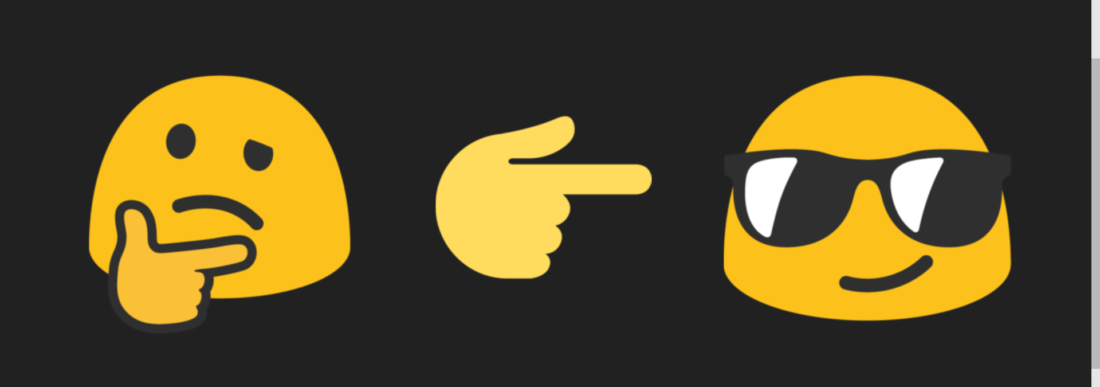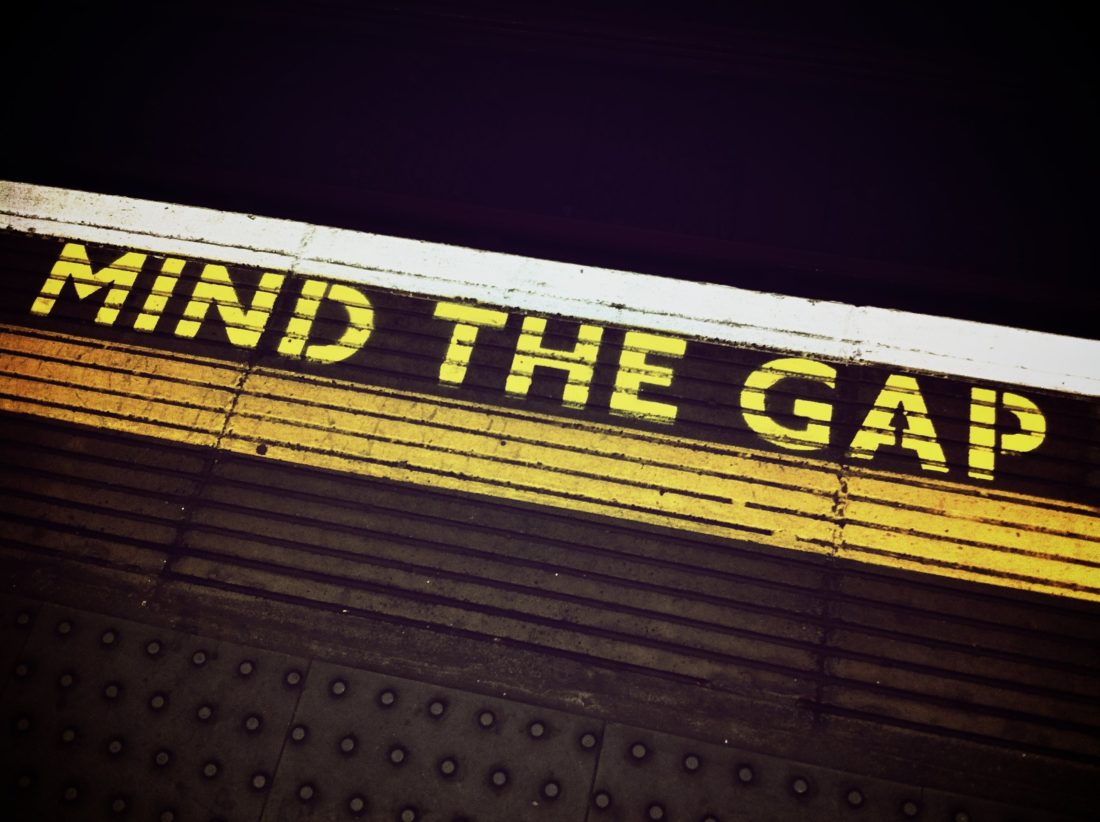This blog post is modified from a workshop, which included a presentation, delivered at the Cilip Academic & Research Libraries Group (ARLG) Conference on 4 June 2019 at the Darlington campus of Teesside University. Rosie Hare of the Northern School of Art, who was also one of the conference organizers, co-facilitated this.
Note on terminology: below, I will use the terms critique and criticism interchangeably. When I refer to critical theory (lowercase) this does not mean a particular critical tradition, or imply there is a single critical tradition.
Our slides are available, but as with most conference slide decks this tells a partial and incomplete story. Below I will expand on our rationale for running this session and the value I feel we derived from doing so, including our first of two workshop activities. Rosie Hare has written about the second half of the workshop, in ‘Getting smart’ in a time of change, at ARLG 2019 (Part 2 of 2).
The theme of the conference was originally, “Doing more with less” which following sharp, critical engagement from the community was later reworked as, “Working smarter in a time of change“.
It was in the context of critique, refusal, and push-back that I was inspired by Donna Lanclos‘s suggestion to submit a critically-framed response to the call for papers (thread below).
Our title is a reference to Patti Lather’s (1991) Getting smart: feminist research and pedagogy with/in the postmodern, which has particularly influenced my thinking about language and power within postmodern textual practices. Seeking voice and making meaning through dialogue provides a direct link to Lather’s work, due to her focus on importance of removing barriers that prevent people from speaking for themselves.
Thoughts and feelings
In our reply to the call for papers we explained that although we speak as further and higher education workers, library workers across all sectors and industries will likely recognise in their workplaces a context of constrained budgets, intensification of work processes, and pressure to continuously improve to meet the evolving needs and increased expectations of library users.
In doing so, library and education workers actively involve ourselves in roles of self-government which are rooted in measurement, evaluative techniques, and a logic based on markets and competition. But inevitably, gaps appear between the service that is achievable within our organisational financial constraints, and our commitment—which is framed by professional ethics and personal morals—to providing the most effective service. Library workers at all levels can find this situation emotionally charged, unsettling, and generative of feelings of impostorship. For managers especially, one temptation is to shift into a practically-focused crisis management or damage limitation mode, without necessarily giving critical consideration to this complex set of thoughts and feelings.
We had not personally experienced at a mainstream library conference an attempt to create a supportive environment for frank conversations to explore issues like this, and we hoped that delegates could trust each other to share what we felt we needed to say and articulate in critically interrogating these challenges—which might include expressing complicated, negative feelings. We asked workshop participants not to live-Tweet the session or otherwise share it on social media, hoping to create a space for trust and good faith dialogue which would be inclusive of participants who were less familiar with discourses of critique and critical theory—of any tradition. As well as open discussion, we wanted to facilitate questions without anyone feeling they would be picked up for perceived mistakes.
In the workshop, and in our follow-up here we utilized the Chatham House Rule which states that, “Participants are free to use the information received, but neither the identity nor the affiliation of the speaker(s), nor that of any other participant, may be revealed”.
Making meaning with critique
Our working assumption was workshop participants could come to the session with anything from little to a great deal of knowledge of any particular critical theory tradition. We wanted to strike the right balance between potentially ‘splaining basic concepts and being condescending, and assuming too much shared knowledge and falling into the trap of the ‘curse of knowledge’ cognitive bias.
We therefore opened with a explanation of brief summary of what we meant by the term critique or criticism. As simply as we could state it, by critique we mean a process which informs and directs actions which carry social and ethical implications, beyond the technical execution of library work. However this process is in itself complex, and the terminology potentially contested and understood by different people in different ways. There are different critical traditions, and your notion of a critical theory might be conceptualized and understood very differently from mine—and that is fine.
In being critical we do not mean negative finding of fault, instead we mean critical inspection of our practice as information professionals. We particularly want to place analytical focus on the structures and systems that govern what we do in our workplaces or other professional contexts, and the power dynamics which operating within and outside those structures.
We particularly mean to focus on power, not conceptualised just terms of a coercive form of authority but as more of a social force, generated within our social relations and networks. We wanted to ask what potential there is if we analyse and ‘see through’ established authority and what we may think of as dominant means of control. If we are to be critical in a negative sense, we wish to address this to that established authority.
Becoming comfortable with our words
One way of become comfortable with the language of various critical theory traditions is by engaging with literature from different theorists, and coming to know the terrain and contours of their landscapes. However, we argue that processes of criticism can be engaged in without having to ‘have’ an enormous amount of knowledge of theory, that is, one does not need to be an expert to engage with critical ideas. We wanted also to emphasize the practical element of theory, because our view is that being critical is fundamental to reflective practice. We see an extended form of self-knowledge about our motivations for developing critical responses, and its limits and risks, as key to this point.
The requirements of praxis are theory both relevant to the world and nurtured by actions in it, and an action component […] that grows out of practical political grounding.
Lather (1991, p.12)
Patti Lather theorizes this form of practice as politically grounded. Praxis, spelled with an x, here has a sense of being informed action—in particular action which has a political component relevant to directing social change. We feel that this practical political grounding is generated by and through a reflective approach—one which includes knowledge developed from lived experiences, as well as the new knowledge we get from reading and conversations.
We asked the participants to aim to critically inspect how established authority operates within the communities they operate in. Our social networks and relationships are often complex, and a ‘solution’ to a challenge or an issue could look more like an ongoing, continuous, and iterative process rather than a one-step solution. In this spirit, we asked participants to put to one side the idea of simple solutions which process to clean, straightforward resolution and think about a process that might evolve over time.
Activity: reflective question
Critique doesn’t have to be the premise of a deduction that concludes, ‘this, then, is what should be done.’ It should be an instrument for those who fight, those who resist and refuse what is. Its use should be in processes of conflict and confrontation, essays in refusal.
Foucault (2000 p.236)
Some aspects of engaging with a critical approach will make us feel uncomfortable and can feel like thankless work. For example attempting to illuminate and challenge our own internal biases, while also asking others to critically inspect long-held beliefs themselves can be extremely challenging. It may be difficult simply to hold and sit with these feelings and not be overwhelmed, particularly when there is no obvious solution or practical first steps toward a solution that we can busy ourselves with. One point we emphasized to workshop participants that I think bears repeating, managers and leaders discover themselves in that position as well, as reflective practitioners.
As a first exercise we asked a reflective question based on this Foucault quote about the use of critique in refusal, rather than problem-solving. We asked participants to think about themselves being in a position of being one who “refuses what is”, based on thinking and writing about a real-world situation where they wanted to say something but felt they could not. The scenario we described as an example was not being able to to provide a service, or a particular quality of service, due to a constraint outside their control.
We asked participants consider their thoughts and feelings about the situation, without trying to work out how to solve the problem, or jump to a preferred solution. As this was an initial exercise we asked participants be more descriptive about their thoughts, and not to pressure themselves to reach fully-formed conclusions. The initial purpose of this was to provide a period for thoughtfulness not based on talking around a table; and although brief we also hoped this would subvert experiences of conferences dominated by extraverted activity given that there was a longer small group exercise coming later.
We asked participants to concentrate on refusal and visualising themselves in a mode of refusal to, we hoped, facilitate broader ideas and thinking about strategies for change that did not drive toward immediate results. Since then, I found Donna Lanclos’s delineation of power, refusal, and agency in her recent Academic Practice and Technology (APT) Conference keynote provided a rich way of thinking about strategic refusal, and refusal as evidence of institutional rather than individual malaise or deficit:
We need to stop seeing refusal as evidence that there’s something wrong with the people doing the refusing. We need to see refusal as evidence that there is something wrong that they are communicating about, something wrong with the systems they are being presented with, with the structures in which they are placed.
Lanclos, 2019
It may seem unusual that we discussed and focused on feelings—or affect—in our workshop. Indeed, this framing was key to our approach. We did this because we know that feelings are rational, rooted in our material understanding of the world, and in practical terms can sharpen our decision-making processes as well as our motivation to enact our decisions. In relating the politics of feminist movement with that of climate change activism, Susie Orbach describes how spaces of dialogue and sharing are also affective, and build resilience:
Facing feelings is not a substitute for political action, not is it a distraction from action. Feelings are an important feature of political activity. Acknowledging our feelings—the ourselves, to one another—makes us more robust.
Orbach (2019, p.67)
I had hoped our approach would facilitate thinking at greater length about a scenario of lacking control and agency, and would prove helpful later in the small group discussion so that participants weren’t starting from scratch. Rosie and I joined in the exercises with the workshop participants, on the basis that we would not ask anyone to do anything that we were not willing to do ourselves. I personally found this a very useful shared experience, having done completely unstructured free writing exercises many times before this approach provided a similar sense of writing something purely for myself while also serving a useful purpose for the next step in the workshop where we would analyse issues from our experience in greater depth.
Bibliography
Chatham House (2018) Chatham House rule. Available at: https://www.chathamhouse.org/chatham-house-rule
Foucault, M. (2000) ‘Questions of method’, in Faubion, J.D. (Ed.), Power. New York, NY: New Press, pp.223-238.
Lather, P. (1991) Getting smart: feminist pedagogy with/in the postmodern. London: Routledge.
Lanclos, D.M. (2019) ‘Listening to refusal: opening keynote for #APTconf 2019’, Donna Lanclos, 9 July. Available at: https://www.donnalanclos.com/listening-to-refusal-opening-keynote-for-aptconf-2019/
Orbach, S. (2019) ‘Climate sorrow’, in Farrell, C., Green, A., Knights, S., and Skeaping, W. (Eds.) This is not a drill. London: Penguin, pp.65-68.


